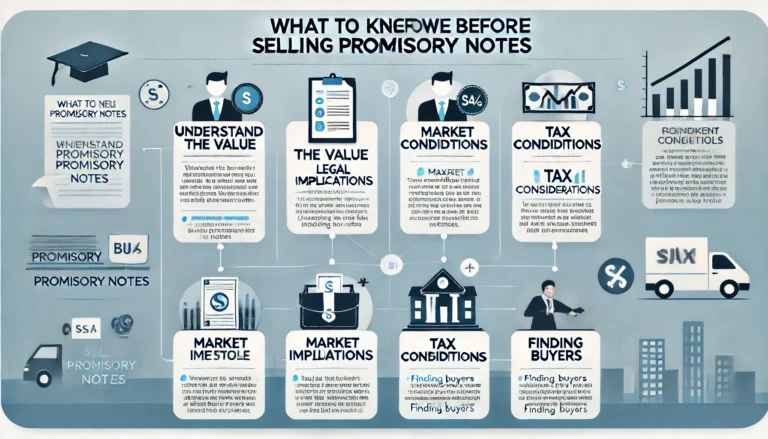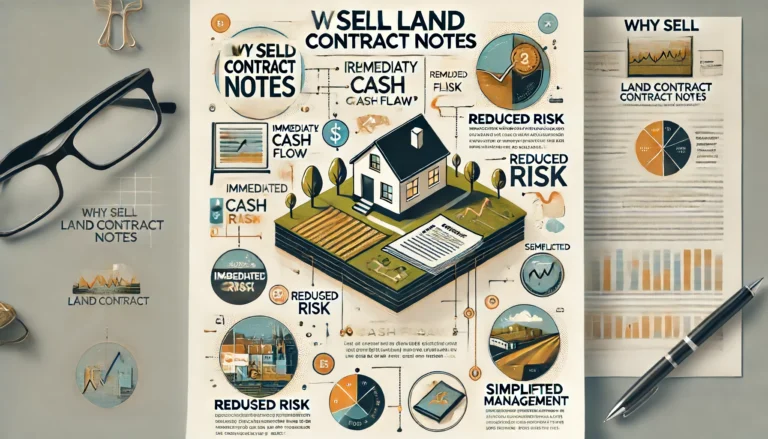How to Sell Real Estate Notes
How to Sell Real Estate Notes: A Comprehensive Guide
Selling real estate notes can be a lucrative option for investors looking to liquidate their assets quickly and efficiently. In this guide, we’ll explore the ins and outs of selling real estate notes, from understanding what they are to finding the right buyers and closing the deal. Whether you’re a seasoned investor or a newcomer, this article will provide you with the knowledge you need to navigate the process with confidence.
What Are Real Estate Notes?
Real estate notes, also known as mortgage notes, are legal documents that outline the terms of a loan secured by real property. These notes include details such as the amount of the loan, interest rate, repayment schedule, and the property used as collateral. When you hold a real estate note, you essentially become the lender, receiving payments from the borrower over time.
Why Sell Real Estate Notes?
There are several reasons why an investor might choose to sell their real estate notes:
- Immediate Cash Flow: Selling a note can provide immediate liquidity, which can be reinvested or used to meet financial needs.
- Risk Mitigation: Offloading a note can reduce exposure to default risk if the borrower fails to make payments.
- Simplified Management: Managing a real estate note requires time and effort. Selling the note can simplify your investment portfolio.
Preparing Your Real Estate Note for Sale
Before you can sell your real estate note, it’s crucial to prepare it properly. Here are the steps you should follow:
1. Review the Note’s Terms
Ensure that all terms and conditions of the note are clear and up-to-date. This includes verifying the interest rate, payment schedule, and any clauses related to default or prepayment penalties.
2. Gather Documentation
Prospective buyers will need to see a variety of documents, including:
- The original promissory note
- Mortgage or deed of trust
- Payment history
- Proof of insurance
- Title policy
3. Assess the Note’s Value
Evaluate the current value of your note. Factors that influence the value include the remaining balance, interest rate, payment history, and the creditworthiness of the borrower. You may want to seek a professional appraisal for an accurate assessment.
Finding the Right Buyer
The next step is to find a buyer who is interested in purchasing your real estate note. There are several avenues you can explore:
1. Note Brokers
Note brokers specialize in buying and selling real estate notes. They have extensive networks and can connect you with potential buyers. While brokers charge a fee for their services, they can save you time and help you get a fair price for your note.
2. Online Marketplaces
There are various online platforms where you can list your real estate note for sale. Websites like NoteTrader and LoanMLS allow you to reach a broad audience of investors looking to purchase notes.
3. Private Investors
You can also sell your note directly to private investors. This approach may require more effort to find interested parties, but it can also lead to better deals if you negotiate well.
Negotiating the Sale
Once you’ve found a potential buyer, the negotiation process begins. Here are some tips to ensure a successful negotiation:
1. Know Your Bottom Line
Before entering negotiations, determine the lowest price you’re willing to accept. This will help you stay firm during discussions and avoid settling for less than your note is worth.
2. Highlight the Note’s Strengths
Emphasize the positive aspects of your note, such as a strong payment history, low loan-to-value ratio, and the creditworthiness of the borrower. These factors can justify a higher selling price.
3. Be Open to Terms
In some cases, buyers may request modifications to the note’s terms. Be open to negotiating aspects like the interest rate or repayment schedule if it means securing a better overall deal.
Closing the Deal
After reaching an agreement with the buyer, it’s time to close the deal. The closing process involves several steps:
1. Drafting the Purchase Agreement
The purchase agreement should outline all terms and conditions of the sale, including the purchase price, closing date, and any contingencies. It’s advisable to have a legal professional review the agreement to ensure all bases are covered.
2. Due Diligence
The buyer will conduct due diligence to verify the note’s details and ensure there are no hidden issues. This may include reviewing the payment history, inspecting the property, and checking the borrower’s credit.
3. Transfer of Ownership
Once due diligence is complete, the transfer of ownership takes place. The original note and mortgage or deed of trust are assigned to the buyer. This process typically involves signing a mortgage or deed of trust assignment document.
4. Final Payment
Upon transfer of ownership, the buyer will make the final payment for the note. Ensure that all funds are transferred securely and that you receive full payment before relinquishing control of the note.
Key Factors to Consider When Selling Real Estate Notes
When it comes to selling real estate notes, understanding the key factors that influence the sale can significantly enhance your chances of securing a favorable deal. One critical aspect is the interest rate of the note. Notes with higher interest rates are generally more attractive to buyers because they promise better returns. Additionally, the borrower’s payment history plays a vital role. A consistent and timely payment record can boost the note’s value, making it more appealing to potential buyers. Another essential factor is the loan-to-value (LTV) ratio. Notes with lower LTV ratios are considered less risky, thus commanding higher prices. By focusing on these elements, you can optimize your note for sale and attract serious investors.
Tips for a Successful Sale
To wrap up, here are some practical tips to help you successfully sell your real estate note:
- Conduct Thorough Research: Understand the current market conditions and the value of your note.
- Maintain Clear Records: Keep all documentation organized and readily available.
- Engage Professionals: Consider hiring a note broker or legal advisor to assist with the sale.
- Be Patient: Finding the right buyer can take time, so remain patient and persistent.
- Negotiate Wisely: Stay firm on your bottom line, but be flexible with terms to close the deal.
Selling a real estate note can be a straightforward process if you follow these guidelines. By preparing your notes correctly, finding the right buyer, and negotiating effectively, you can unlock the value of your investment and achieve your financial goals. If you have any questions or need further assistance, feel free to reach out to a professional in the field.
With this comprehensive guide, you’re now equipped with the knowledge to sell your real estate notes confidently and efficiently. Happy selling!





